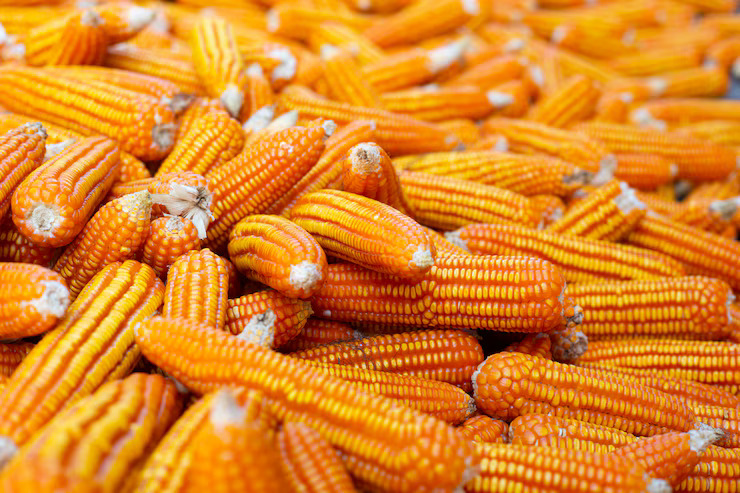The Republican Progressive Party (RPP) has commended the Zambian government for the recent reduction in mealie meal prices, a development that marks a significant win for consumers across the country. This price drop comes in the wake of a bumper maize harvest, largely attributed to favourable weather conditions and the consistent implementation of effective agricultural policies by the current administration.
Among the key drivers of this agricultural success are initiatives such as the Farmer Input Support Programme (FISP), the enhancement of agricultural extension services, and the timely distribution of essential farming inputs. These efforts have played a crucial role in boosting national maize production, resulting in a stable supply chain that has positively impacted food affordability.
“The drop in mealie meal prices is a direct reflection of the government’s commitment to strengthening our agricultural sector,” the RPP stated. “Such policies are not only empowering our farmers but also delivering tangible benefits to ordinary citizens through reduced food costs.”
With current supply trends indicating continued strong production, the RPP expressed optimism that mealie meal prices are likely to decrease further in the coming months. The party noted that a sustained reduction in the cost of this staple food would provide much-needed financial relief for Zambian families and contribute to broader economic stability.
In its statement, the RPP also urged the government to maintain momentum by investing further in rural infrastructure, expanding irrigation networks, and promoting farmer empowerment initiatives. According to the party, these strategic areas are essential for ensuring long-term agricultural resilience and national food security.
The commendation from the RPP underscores the importance of sound policy and government support in driving sustainable development in Zambia’s agricultural sector, while reinforcing the critical link between food production and economic well-being.






